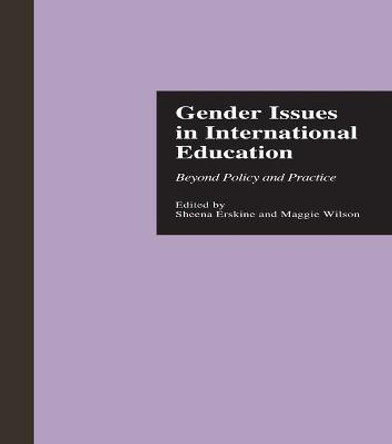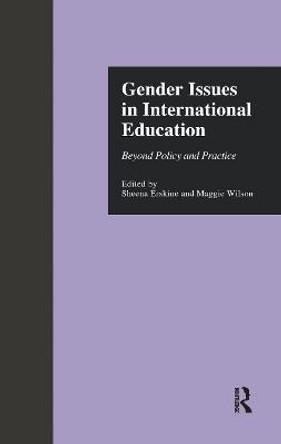Description
Starting in 1943, millions of children were separated into boys' and girls' schools in cities across the Soviet Union. The government sought to reinforce gender roles in a wartime context and to strengthen discipline and order by separating boys and girls into different classrooms. The program was a failure. Discipline further deteriorated in boys' schools, and despite intentions to keep the education equal, girls' schools experienced increased perceptions of academic inferiority, particularly in the subjects of math and science. The restoration of coeducation in 1954 demonstrated the power of public opinion, even in a dictatorship, to influence school policies. In the first full-length study of the program, Ewing examines this large-scale experiment across the full cycle of deliberating, advocating, implementing, experiencing, criticizing, and finally repudiating separate schools. Looking at the encounters of pupils in classrooms, policy objectives of communist leaders, and growing opposition to separate schools among teachers and parents, Ewing provides new insights into the last decade of Stalin's dictatorship. A comparative analysis of the Soviet case with recent efforts in the United States and elsewhere raises important questions. Based on extensive research that includes the archives of Uzbekistan and Kazakhstan, Separate Schools will appeal to historians of Russia, those interested in comparative education and educational history, and specialists in gender studies.
About the Author
E. Thomas Ewing is Associate Professor of History at Virginia Tech and author of The Teachers of Stalinism.
Reviews
A very important study of policy-making and popular political participation in the Soviet Union. Ewing reads well "between the lines" to note how the "success" of girls' schools revealed how girls had been shortchanged in coeducational settings, even though girls also expressed stronger opposition to separation than did boys.
-- James Albisetti, University of KentuckyRelying on an impressive range of original sources, Ewing's study is the first to examine the implementation of separate education in 1943, the growing opposition to it, and the reasons for a return to coeducation in 1954. Separate Schools confronts multiple issues critical to an understanding of Soviet history as well as of education and gender.
-- Larry E. Holmes, University of South AlabamaBook Information
ISBN 9780875804347
Author E. Thomas Ewing
Format Hardback
Page Count 418
Imprint Northern Illinois University Press
Publisher Cornell University Press
Weight(grams) 907g
Dimensions(mm) 229mm * 152mm * 28mm








